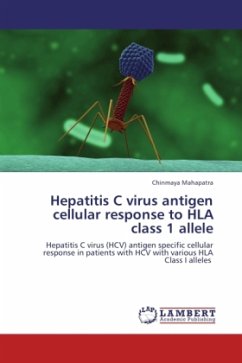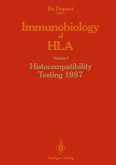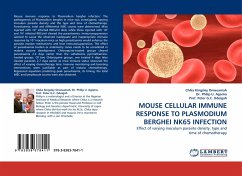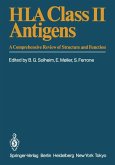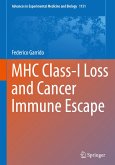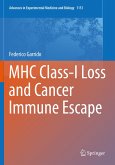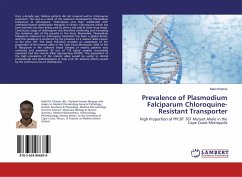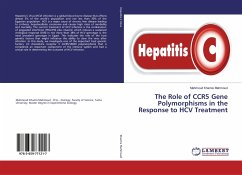Clinical and virological outcomes are variable following acute infection with HCV. Chronic infection is characterized by attenuated and narrowly focused CD4+ and CD8+ T-cell responses in conjunction with reduced proliferative, cytokine, and cytolytic capacity of HCV-specific T cells and loss of antigen recognition. Conversely, CD4 and CD8 T-cell responses are maintained in individuals who clear the virus. Therefore, effective T-cell-dependent immune responses to HCV-specific viral epitopes, restricted by the presence of host human leukocyte antigens (HLA) class I (CD8 cytotoxic T cells [CTL]) and class II (CD4 helper T cells), appear to make an important contribution to adaptive immunity and disease outcome.
Bitte wählen Sie Ihr Anliegen aus.
Rechnungen
Retourenschein anfordern
Bestellstatus
Storno

